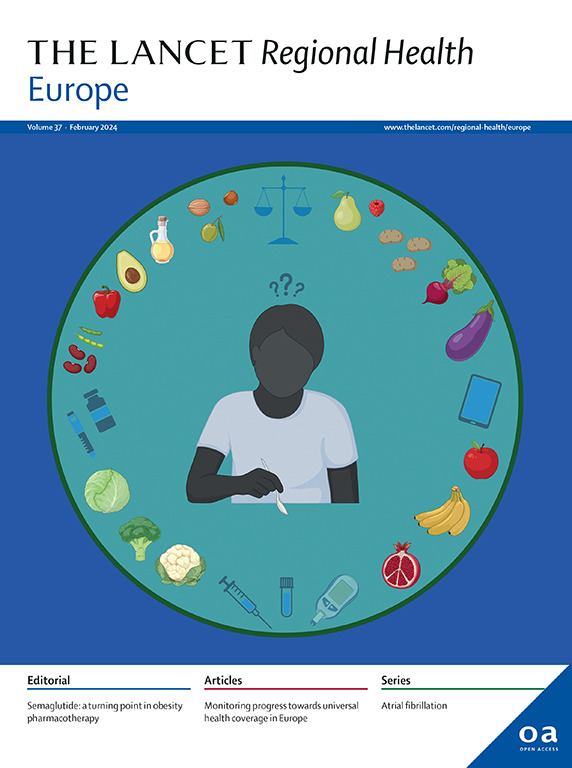Strengthening health technology assessment for cancer treatments in Europe by integrating causal inference and target trial emulation
IF 13.6
Q1 HEALTH CARE SCIENCES & SERVICES
引用次数: 0
Abstract
Health Technology Assessment (HTA) for reimbursement of all new cancer drugs in the European Union (EU) will be evaluated for all member states by a central European HTA starting in 2025. EU HTA guidelines for applicants under these new regulations put the focus on meta-analysis of aggregated randomized trial data and are in contrast with the growing number of cancer drug approvals by drug regulators that are based on single arm studies and the needs in the rapidly evolving field of oncological drug development. We advocate to broaden the methodological approaches for HTA by including observational data based causal inference methodology and target trial emulation into the assessments of comparative effectiveness. Causal inference estimates causal estimands, effect measures that reflect a population level effect in terms of contrasts of counterfactual outcomes in the same patients and are directly measured in the target population by modeling of hypothetical intervention. Target trial emulation allows with the use of causal inference to estimate causal effects by mimicking pragmatic trials that evolve apart from randomization like a trial. We illustrate the potential of causal inference for HTA and provide an introduction into causal inference methodology for health scientists involved in HTA.
结合因果推理和目标试验模拟,加强欧洲癌症治疗卫生技术评估
欧盟(EU)所有新抗癌药物报销的卫生技术评估(HTA)将在2025年开始由中欧HTA对所有成员国进行评估。根据这些新法规,欧盟HTA指南将重点放在汇总随机试验数据的荟萃分析上,这与药物监管机构基于单组研究和快速发展的肿瘤药物开发领域的需求越来越多的癌症药物批准形成对比。我们提倡通过将基于观察数据的因果推理方法和目标试验模拟纳入比较有效性评估来拓宽HTA的方法学方法。因果推断估计因果估计,反映同一患者反事实结果对比的群体水平效应的效果测量,并通过假设干预建模直接在目标人群中测量。目标试验模拟允许使用因果推理来估计因果效应,通过模仿实际试验,从随机化发展而来,就像试验一样。我们说明了HTA因果推理的潜力,并为参与HTA的健康科学家介绍了因果推理方法。
本文章由计算机程序翻译,如有差异,请以英文原文为准。
求助全文
约1分钟内获得全文
求助全文
来源期刊

Lancet Regional Health-Europe
Multiple-
CiteScore
19.90
自引率
1.40%
发文量
260
审稿时长
9 weeks
期刊介绍:
The Lancet Regional Health – Europe, a gold open access journal, is part of The Lancet's global effort to promote healthcare quality and accessibility worldwide. It focuses on advancing clinical practice and health policy in the European region to enhance health outcomes. The journal publishes high-quality original research advocating changes in clinical practice and health policy. It also includes reviews, commentaries, and opinion pieces on regional health topics, such as infection and disease prevention, healthy aging, and reducing health disparities.
 求助内容:
求助内容: 应助结果提醒方式:
应助结果提醒方式:


